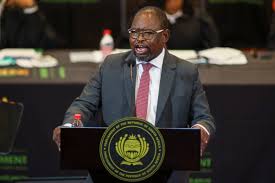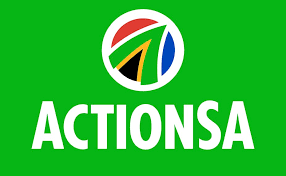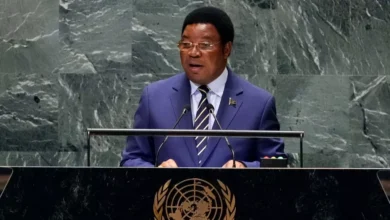
The stability of South Africa’s government of national unity is now uncertain after a significant coalition partner opposed the 2025 budget.
On Wednesday, lawmakers approved the contentious fiscal framework with a vote of 194 to 182, primarily due to the proposed increase in value-added tax (VAT).
The Democratic Alliance (DA), along with opposition groups Umkhonto we Sizwe and the Economic Freedom Fighters, rejected the fiscal plan.
This budget will raise the country’s VAT by 0.5 percentage points starting next month, with an additional increase of another 0.5 percentage points planned for the following year, bringing the VAT rate to 16 percent by 2026-2027.
VAT applies to various goods and services, including food and electricity, and the current budget has faced criticism from opposition parties for being “anti-poor,” as it will elevate living costs.
“Let’s clarify the facts. The increase will generate R13.5 billion, correct? Our data indicates that VAT is primarily paid by the top three income brackets,” stated Finance Minister Enoch Godongwana.
The latest budget reveals that over 20 million South Africans depend on welfare grants, with the unemployment rate exceeding 32 percent.
In light of sluggish economic growth and high unemployment, the 0.5 percent VAT increase is projected to yield approximately $800 million in annual revenue, which could support government programs in health, education, and social services.

The DA has urged the Treasury to take more action to stimulate the stagnant economy and reassess government expenditures.
Following the vote, the DA announced its intention to contest the budget’s outcome in court. Godongwana expressed concerns about the coalition’s future, stating, “I don’t believe you can vote against the budget and then expect to participate in its implementation. That’s not feasible. We need to establish a clear boundary on this matter.”
The Democratic Alliance (DA) became part of the unity government following the African National Congress (ANC) party’s loss of its parliamentary majority last year.
The DA’s opposition to the budget has placed the already delicate power-sharing arrangement on a path toward potential collapse, threatening the stability of the coalition that has been in place for less than a year.
Tensions between the ANC and the DA have frequently surfaced as both parties grapple with their ideological differences, especially regarding foreign policy, land reform, education, and health sector reforms.
In February, the budget speech was delayed for the first time in the nation’s democratic history due to disputes over proposed VAT increases.
The government’s intention to raise VAT ignited significant backlash from civil society and other political parties.
Unexpectedly, a smaller party not part of the unity government, Action SA, played a crucial role in supporting the ANC to ensure the budget’s passage.



